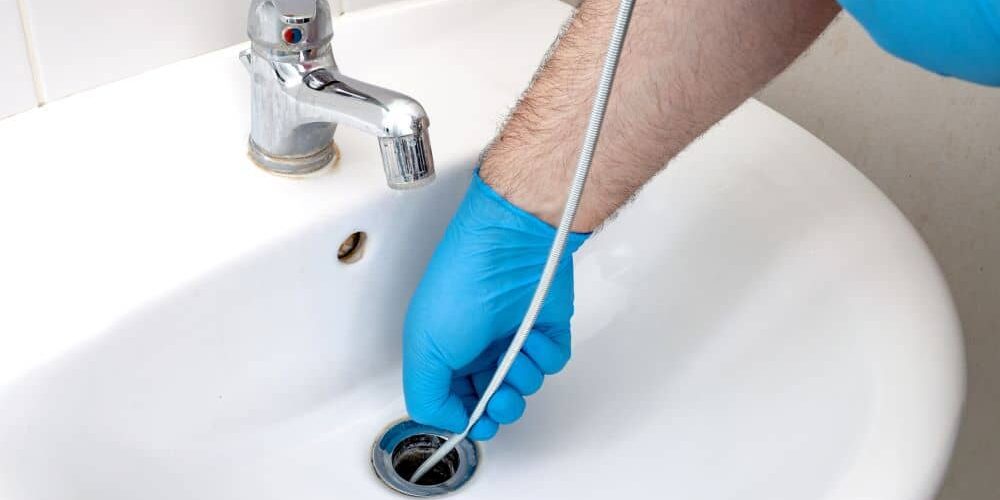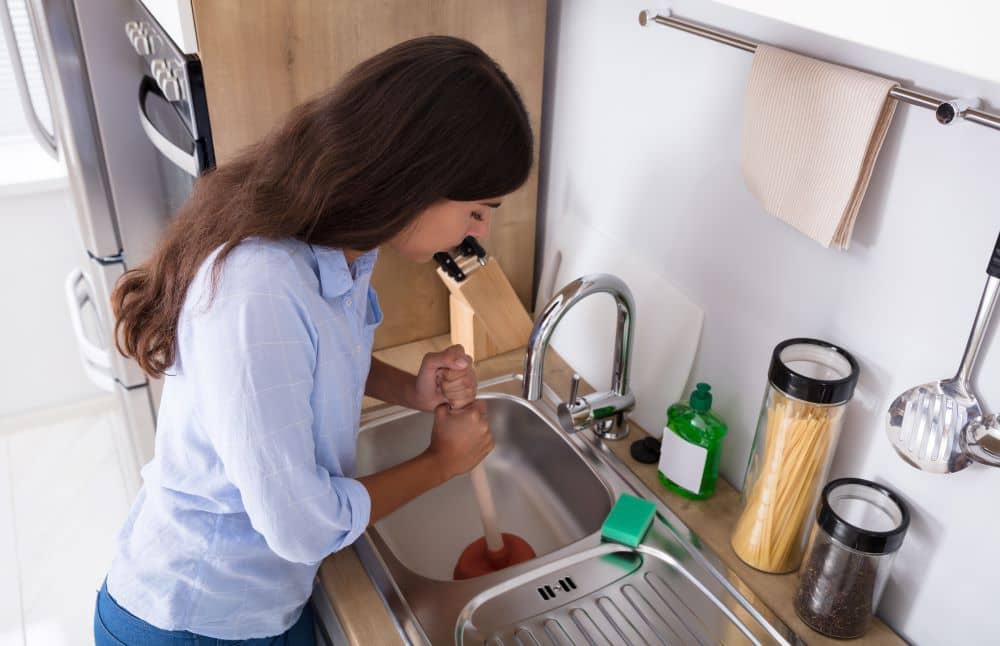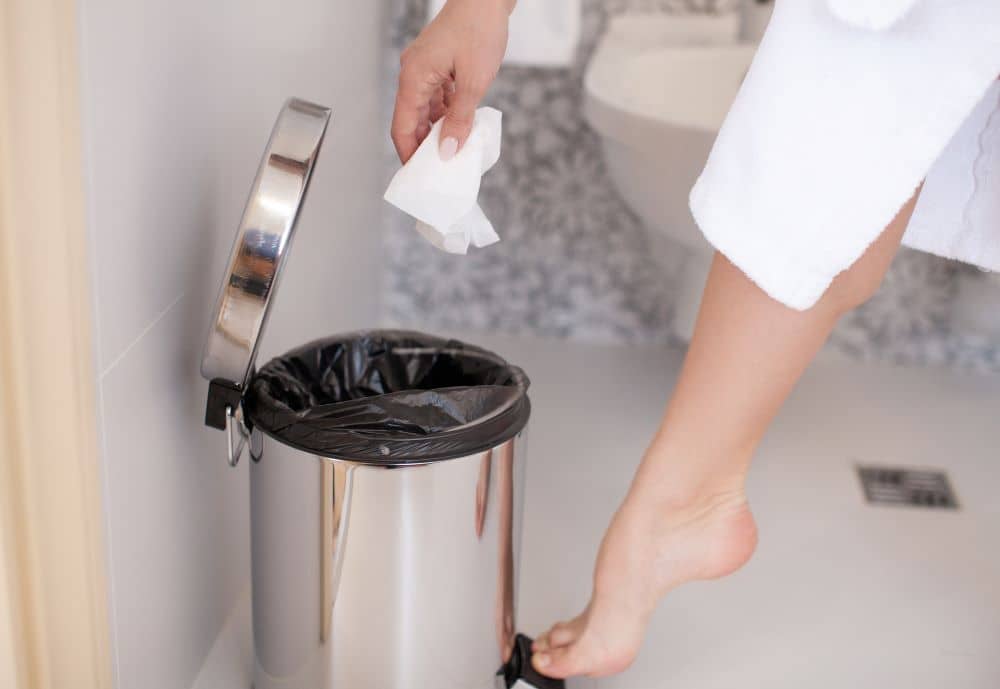Blocked drains are a common plumbing issue that affects many homeowners. They usually start as a smaller problem, which is why many people ignore or delay fixing. However, a simple blocked drain can quickly escalate into a significant problem causing slower water drainage, pipe corrosion, and flooding. Sometimes, sewage backup can happen, a clear indication that something went wrong.
Preventing a blocked drain does not have to be complicated. It all starts with recognising the causes of clogging. This blog post gives you the five biggest reasons why blocked drains occur and how you can avoid them in the future.
1. Hair
Sure, you may not be dumping hair into your sink, but it is a huge issue in bathroom drains. Hair is often the culprit for drain clogging because the strands can bind with sticky substances, including grease. As a result, blockages form.
Hair can be anything from human hair to animal fur and even hair-like items like dental floss. These things can easily contribute to clogs in the shower, bathtub, laundry, and bathroom drains. The tricky part when dealing with hair is that the strands can knot up, causing other things like soap to stick to them.
The best way to prevent a blocked drain due to hair is to prevent it from taking place. Use guards that are designed to catch hair and make sure you remove the debris regularly. Another method is using a plunger or a drain cleaner. Be careful with drain cleaning products, though. They are not gentle on the pipes, so try minimising the application to as little as once a month or even less.
2. Soap
How can soap cause drain blockage when it dissolves? Believe it or not, soap scum or residue can cause blockages as it accumulates over time. As you continue to wash your clothes, shower, or use the bathroom, soap can get in the way. It reduces the pipe diameter, which leads to slow drainage and even backups in severe cases. Soap also mixes itself with other materials, including your hair and other debris that can contribute to clogging.
Soap build-up from pipes can be fixed with pressure cleaning. To prevent this issue, you can choose a soap-free wash, which stops scum from accumulating.
3. Dirt
This should not be surprising since you rinse dirt, and it will not go anywhere but the drains. But you probably think that you can wash away dirt down the drain as much as you want. In reality, like other solids, dirt can build up, which leads to obstructions. The sink and bathroom drain tend to suffer the most from clogging due to dirt binding with other materials, such as soap and grease.
Here are a few suggestions to fix a blocked drain due to dirt build-up. You can use a drain cleaner, a plunger, or a cleaning auger. You can stop blockages from reoccurring by washing dirt off before you use the bathroom or sink. For example, you can shake or rinse the mud off before you get in the shower.
4. Improper Flushing
If you flush a foreign object down the toilet, it will cause blockages. Small and thin items, such as baby wipes and cotton pads, do not dissolve or disappear when you flush them away. The truth is that your drains are not created to handle foreign objects, leading to unpleasant results. Even periodic flushing can push sewage to overflow.
You can stop this nasty problem from occurring by adding a wastebasket in the bathroom and especially near the toilet. That way, sanitary items, face wipes, and other things will go there directly instead of getting flushed down the toilet.
5. Outdoor Debris
Many homeowners are unaware that blocked drains often surface due to leaves, twigs, and other debris. They are blown and washed into the drain, which then leads to clogging. This issue worsens when it rains, especially when there is a storm. And if you don’t clean and maintain your gutters and garden landscapes, the problem becomes incredibly overwhelming.
It’s a complicated issue to combat unless you cut down all the trees and remove the plants in the garden. But here’s one thing that you can do. You can use a drain guard, which can prevent debris from entering the drains.
The main challenge here is that drain blockage due to leaves can be a recurring problem even if you use drain guards to clean up your garden. You can ask for guidance from a plumber to give you recommendations on the best course of action for this particular issue.
Sometimes, the problem is more serious than just twigs and leaves. It can be due to tree root intrusions, which lead to small cracks and leaks that eventually expand. These tree roots continue growing inside the plumbing system, which can damage your pipes and obstruct water flow.
A plumber can easily fix stubborn clogs and damaged drain pipes. If you don’t know what to do, the best solution is to contact Perth Local Plumbing & Gas. We use a plumber’s snake, CCTV drain survey, and other proven methods to dislodge blockages in no time.








